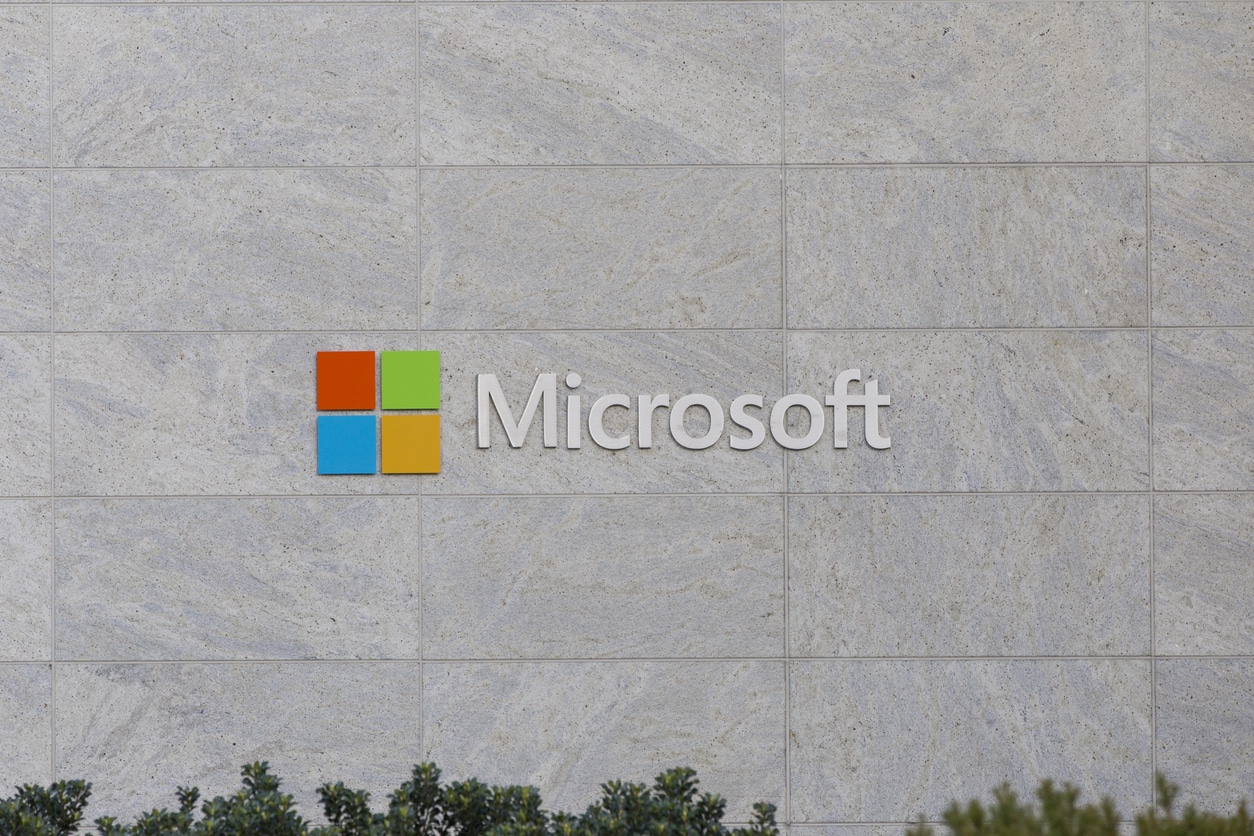Public cloud vs private cloud vs hybrid cloud has been a hot topic amongst many cloud enthusiasts. Here is an article for you to understand the differences between public vs private vs hybrid cloud.
Organisations of all sizes have come to rely on the cloud to manage their data infrastructure securely at lower costs. The basic structure of cloud computing is based on the public cloud and private cloud.
Organisations use cloud services to manage, store, or deliver their data. Deciding which service to use needs to be preceded by a proper strategy and planning about choosing amongst the public, private, and hybrid cloud setups.
This article talks about the following topics:
These clouds are cloud computing models that are used as deployment models. Now, let’s have an overview of each cloud and later discuss the differences between them.
Public Cloud Model
Public cloud is the most popular method to deploy cloud services. A public cloud service is owned and operated by a third party service provider, who will take care of the maintenance of the cloud services and infrastructure. Public cloud services are delivered over the internet and are ideal for small to mid-sized companies. The most popular examples of public cloud are Microsoft Azure, Amazon EC2, and IBM’s Blue Cloud.
All the infrastructure including the hardware and the software is owned by the service provider and is shared by multiple organizations who are called cloud tenants. Public cloud services follow the pay-as-you-go model, which makes public clouds economical for organisations with varying needs. That factor, in addition to being able to handle smaller amounts of data, makes it ideal for small and mid-sized companies. Since the tenants do not own the services first hand, the pain of maintenance and management of the data centres in offset on the service provider.
Public clouds are used when data compliance and control over data is not a major concern for the customer. The major drawback a lot of organizations feel is lack of security and control over the hardware. As the servers are shared and the provider owns the maintenance rights, compliance regulation also becomes a concern.
Benefits of a Public Cloud
Some advantages of the public cloud are:
- It follows the pay-as-you-go model, making it less expensive
- The third-party vendor takes care of the maintenance of cloud services
- The availability of on-demand resources makes the cloud highly scalable and highly reliable
Drawbacks of a Public Cloud
Public clouds are used when data compliance and control over data is not a significant concern for the customer. The major drawback a lot of organizations feel is a lack of security and control over the hardware. As the servers are shared, and the provider owns the maintenance rights, compliance regulation also becomes a concern.
Private Cloud Model
Private clouds are owned and operated by a single organization or entity. In a private cloud environment, the hardware, software, and any related infrastructure is either located at the data center of the organization or is located in a controlled environment of a service provider.
Private clouds differ from public clouds in their flexibility and control over the data. Private clouds, by definition, cannot be provided as a service. The most famous examples of a private cloud are Microsoft, HP Data Centers, Ubuntu, Elastra-private cloud, etc.
Government institutions, financial institutions like banks, mid to large-sized companies, and any other organization dealing with sensitive information tend to prefer private clouds.
Benefits of a Private Cloud
The private cloud has a dedicated service provider, so it offers complete control over the data, enhanced flexibility, scalability, automation, security, and it all comes with a price.
Drawbacks of a Private Cloud
Although private cloud offers scalability and security, it is expensive to set up, and companies will have to maintain the servers constantly and do their own troubleshooting.
In real-world practice, cloud computing services are also offered in another format known as the Hybrid cloud, which tries to deliver the best of both worlds. It incorporates the benefits of both public and private cloud.
Hybrid Cloud Model
The Hybrid Cloud is a cloud computing environment incorporating both private and public cloud services with a coherent synchronization. This cloud allows users to move data and applications between a public cloud and a private cloud.
Most companies prefer the hybrid cloud model as it offers numerous business benefits, such as fulfilling regulatory and data requirements, addressing low latency problems, and so on.
Benefits of a Hybrid Cloud
In a typical Hybrid cloud, the data can be switched between the on-premise and third-party service provider. This provides enhanced control, flexibility, and cost-saving. Hybrid cloud helps organizations to handle the short-term hike in demands with minimum capital.
According to Forrester Research’s principal analyst Dave Bartoletti, “It (hybrid cloud) lets you pick the right cloud for the right workload, it doesn’t artificially limit you.”
Drawbacks of a Hybrid Cloud
Although hybrid cloud offers a gamut of advantages, the significant concern still revolves around the security of the data, which plagues the perception of public clouds as well. As the hybrid cloud is a blend of both, transmitting sensitive information over a network that is subjected to third-party interference is an uncalculated risk for most organizations.
Now, let’s learn about the differences between public, private, and hybrid clouds with a quick glance.
Public Cloud Vs Private Cloud Vs Hybrid Cloud: Overview
Below is the table of critical differences of each cloud:
| Difference | Public Cloud | Private Cloud | Hybrid Cloud |
| Data Tenancy | Multi-tenancy: The data of numerous companies is stored in a shared environment | Single Tenancy: The data of only a single organization is stored in the cloud | The data stored in the public cloud is shared, and the data stored in the private cloud is not shared and kept confidential |
| Cloud Services | Open to public | Only that specific organization can use the cloud services | Services on the public cloud can be accessed by everyone, whereas services in the private cloud can be accessed only by that organization |
| Connectivity | Over the internet | Over the organization’s private network | Over the internet for public cloud services and organization’s private network for private cloud services |
| Management of Cloud Services | Managed by the cloud service provider | Managed by the administrators of that specific organization | The public cloud is managed by the cloud service provider, whereas the administrators of that particular organization manage the private cloud |
| Software and Hardware Components | The cloud service provider manages these components | That particular organization operates these components | Public cloud components – Cloud Service providerPrivate cloud components – Organization |
| Costs | Less expensive as the cloud service provider offers all the resources | Very expensive as the organization has to purchase all the resources | Less costly for public cloud and more expensive for private cloud resources |
| Scalability and Flexibility | High | High | High |
| Security | Low | High | Public Cloud – LowPrivate Cloud – High |
Some Common Questions
1. Which cloud model do companies prefer?
Most companies prefer the hybrid cloud models as they want to utilize all the features that the public cloud and private cloud offer for the customers, as discussed in the above table.
2. Which cloud model should I choose?
It totally depends on your requirements, such as:
- Public Cloud: Workloads that have high volume or fluctuating demands.
- Private Cloud: Workloads that have predictable usage patterns.
- Hybrid Cloud: If you have both workloads, as they can be hosted anywhere.
3. Which cloud model is safe to use?
Again, it depends on your requirements, like:
- Public Cloud: It possesses multiple security threats due to multi-tenancy. Hence, this cloud split security responsibilities, like the cloud service providers take responsibility for infrastructure security, and the customers take responsibility for workload security.
- Private Cloud: It possesses high security as the workloads run behind the firewall of the customer.
- Hybrid Cloud: It possesses high security, where the cloud providers and customers try to minimize the exposure of data by moving data and workloads between the public and private cloud.
4. Which cloud model is costlier?
- Public Cloud: Less expensive as the cloud provider offers all the resources.
- Private Cloud: More expensive as the organization must solely purchase all the resources.
- Hybrid Cloud: This cloud can provide both on-premise and off-premise data centers to create a custom environment, meeting the specific needs of your expenses.
Which cloud model has the best resources?
This again depends on how you want to use your expenses for cloud services.
- Public Cloud: Offers you the best resources as they provide access to unlimited resources – operational expenses.
- Private Cloud: Deployment of more resources requires renting or purchasing more software or hardware components – capital expenses.
- Hybrid Cloud: Provides customers with the choice of choosing operational expenses to scale out or capital expenditures to scale up.
With this, we came to an end of the article on public vs private vs hybrid cloud. I hope it clears all your doubts and queries. If you’d like to learn more about cloud computing, take a look at Great Learning’s comprehensive PGP-Cloud Computing program.








